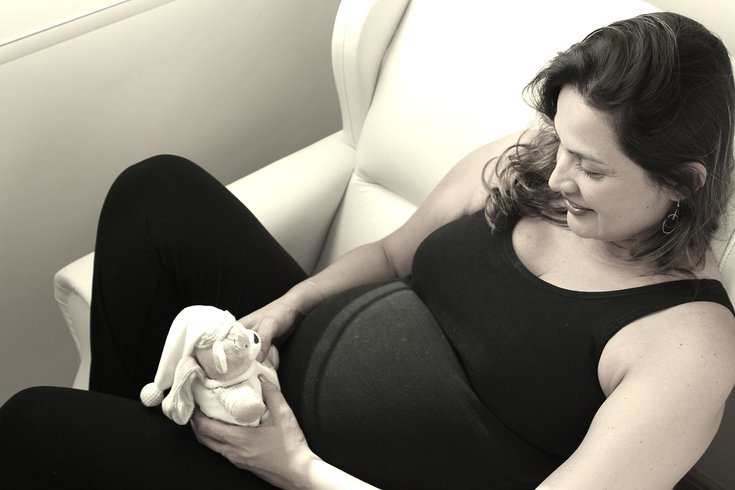
December 15, 2020
 Mvorocha/Pixabay
Mvorocha/Pixabay
Research has shown that pregnant women are at high risk of severe COVID-19, ICU admission and mortality. Women also make up almost 75% of health care workers who are out on the front lines of the COVID-19 pandemic.
In the absence of specific safety data on the effects of Pfizer's COVID-19 vaccine on expectant and breastfeeding women, the U.S. Food and Drug Administration says they can decide for themselves whether to line up for the needle jab.
The vaccine, a joint effort between Pfizer and BioNTech, is recommended for everyone over the age of 16, according to the emergency use authorization. It has proven to be 95% effective at preventing COVID-19 illness after two doses given three weeks apart.
Pregnant and breastfeeding women were not eligible for clinical trials, though some participants were unknowingly pregnant when they received the vaccine. Yet, there was not enough data to make determinations on its effects on pregnant women.
Moderna's COVID-19 vaccine, currently under FDA review, also lacks data for this group.
Rather than bar pregnant and breastfeeding women from receiving the vaccine based on this lack of data, the FDA opted to allow them to chose whether to get inoculated. The agency also did not endorse the Pfizer vaccine for them. It only indicated that long-term data are needed to make an assessment.
The U.S. Centers for Disease Control and Prevention echoed the FDA in its vaccine recommendations.
"This is a really huge step forward in recognizing women's autonomy to make decisions about their own health care," Dr. Emily Miller, an obstetrician at Northwestern University and a member of the COVID-19 task force of the Society for Maternal & Fetal Medicine told the NYTimes.
While there isn't any specific vaccine safety data, the benefits generally outweigh the risks for expectant and breastfeeding mothers, medical experts say.
The Society for Maternal & Fetal Medicine says it is critical for these women to be vaccinated when it becomes available to them.
Research has shown that pregnant women are at high risk of severe COVID-19, intensive care admission and death. Women also make up almost 75% of all health care workers who are on the front lines of the COVID-19 pandemic.
The CDC estimates that 330,000 health care workers will be pregnant or will have recently given birth when COVID-19 vaccines become more widely available.
The American College of Obstetricians and Gynecologists also agreed that the COVID-19 vaccine should not be withheld from pregnant or breastfeeding women who meet the other criteria for vaccination.
The organization released a statement saying women should be free to make their own decision in conjunction with their health care provider. And they should be supported if they choose not to get vaccinated.
Important factors to consider include the level of activity of the coronavirus in the community, the risk and potential severity of maternal disease and the effects of COVID-19 on the fetus or newborn. And once safety data is available, that also will need to be factored in.
Women who are pregnant or breastfeeding are advised to consult their health care providers about the benefits and potential risks before making a decision.
As more vaccine data is released, one of the vaccines may be more suitable for pregnant and breastfeeding women than the others, the experts say.
Data from Developmental and Reproductive Toxicity animal studies on Pfizer's COVID-19 vaccine is expected to provide some of this data. So far, there have been no major safety issues reported and no indication that the vaccine should be contradicted.